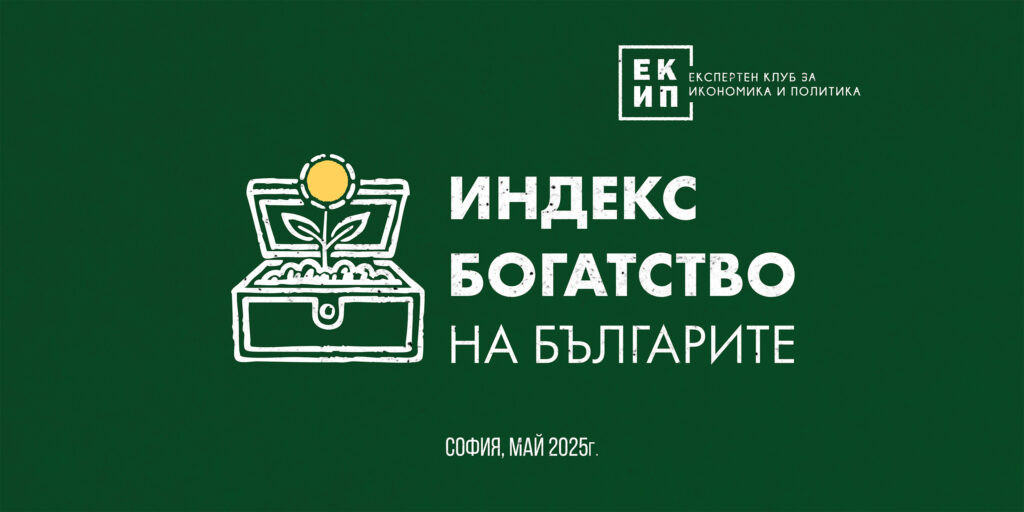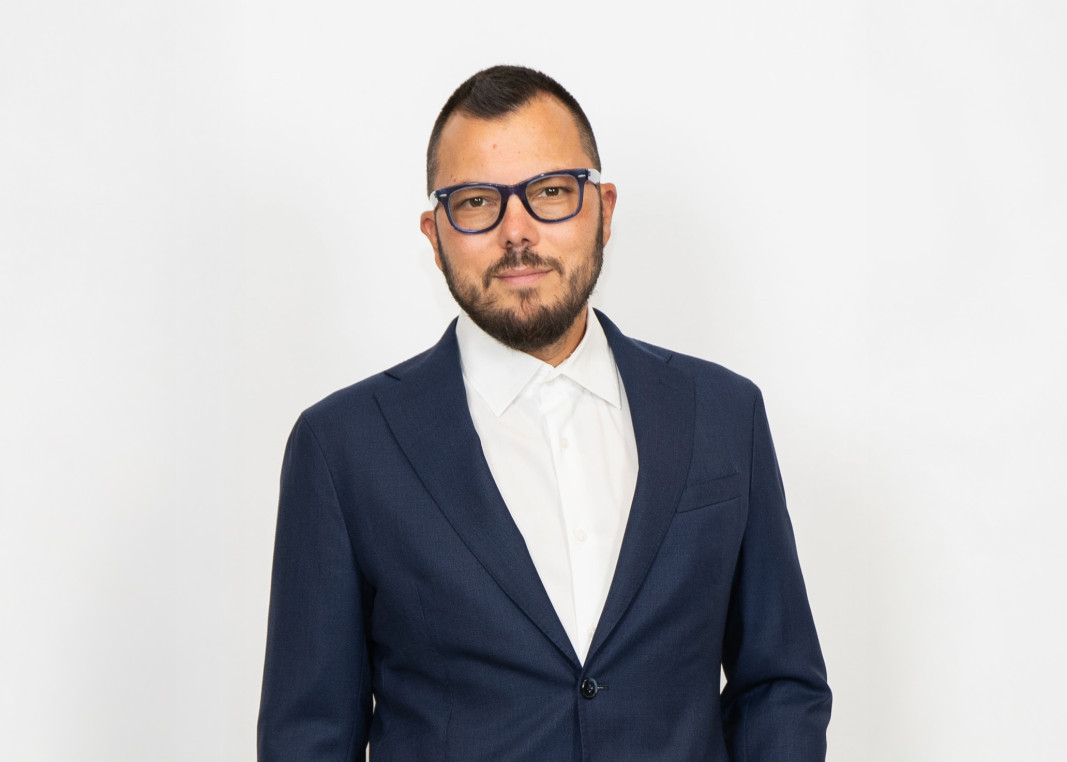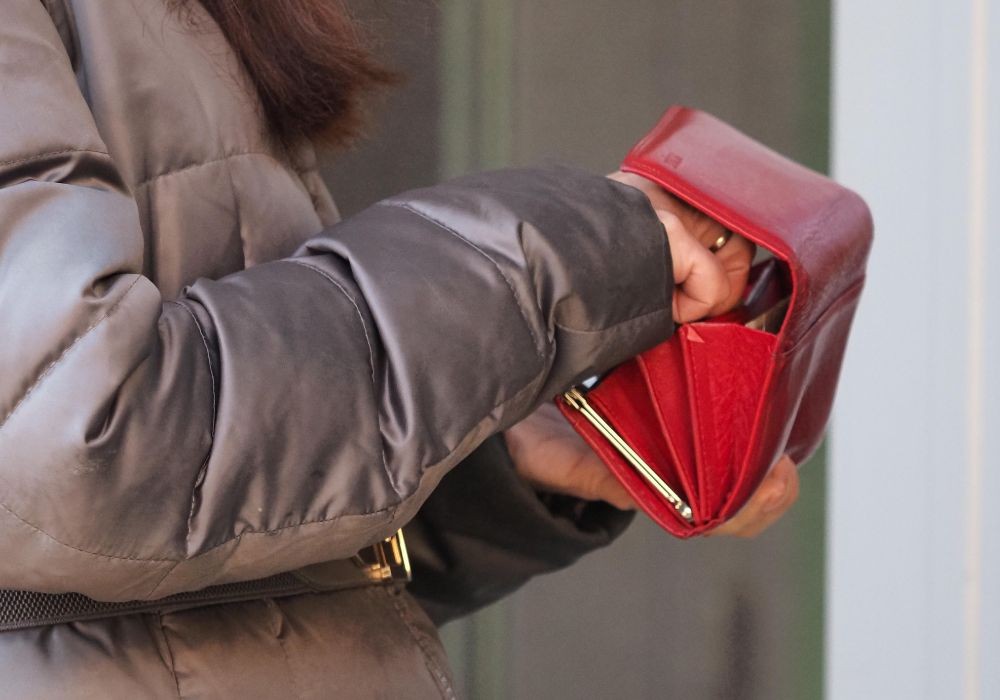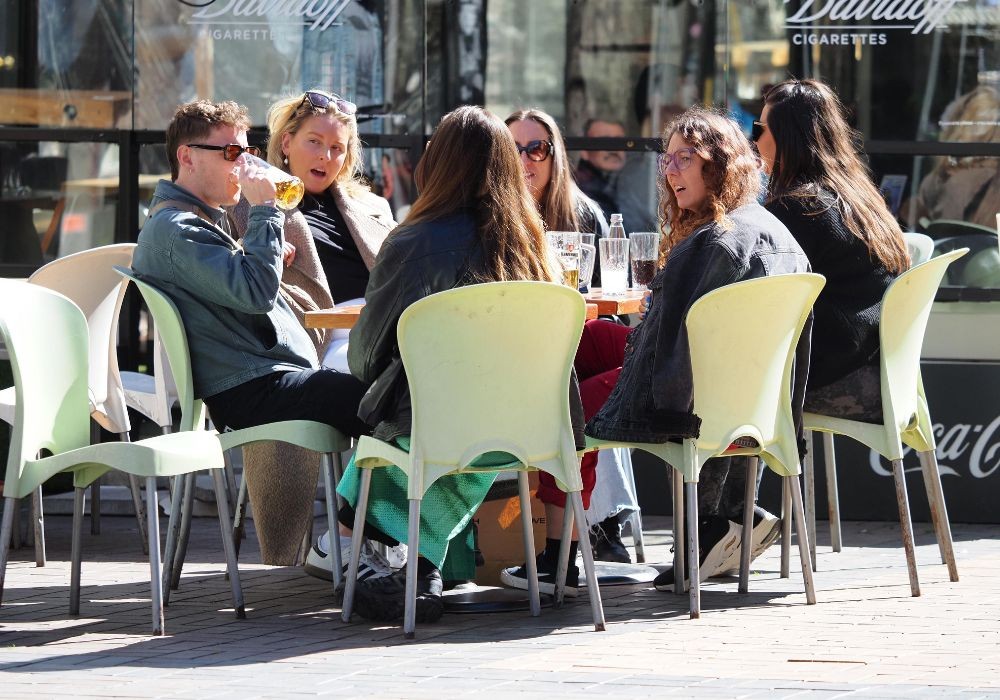The total wealth of Bulgarians has not reached over 1 trillion Leva, indicates a recent survey by the Expert Club of Economics and Politics. This is almost five times the size of the country’s gross domestic product, analysts calculate. In the space of 10 years, taking into account inflation, Bulgarians are now almost twice as rich.
But before starting to express your suspicions of these figures, let us make one thing clear – this wealth is due to the real estate the overwhelming majority of Bulgarian citizens own, and real estate prices have been skyrocketing in recent years – i.e. this is passive wealth, which does not usually bring in any direct income.

“I believe Bulgarians feel very rich, because if we just take a look at how full bars and restaurants and discos are, at the cars on the roads, that is a status symbol, a symbol of wealth – i.e. Bulgarians are living a rich life. The question, however, is whether they own productive assets working for them while they sleep. The answer here is definitely “no”, says Max Baklayan, one of the authors of the survey and CEO of a company trading in currencies and precious metals. For example, a mere 1.1% of Bulgarians invest in securities, while 84% prefer to keep their money in the bank, despite the low interest rates and the inflation which eats away at their savings. Not to mention the fact that only 22% actually save any money. Out of the 300 billion in financial assets almost half – 145 billion – takes the form of their own businesses, which is actually good news because it helps develop the economy, says Max Baklayan further.
“What we have here is national psychology and emotions, because people make investments very much emotionally, not rationally. Bulgarians are suspicious and that makes a lot of sense because they have been lied to and stolen from by different institutions so many times,” the financier says, explaining why Bulgarians prefer to keep their money in the bank or invest it in real estate.
But do Bulgaria’s feel wealthier?
“I feel like a normal person – I have enough money for food, for drink, I have somewhere to live, I have a future, nobody is going to turn me out of my home,” says Petar who owns a small printing business, and goes on to explain: “I have enough money to pay the central heating, the water, the phone bills, and for extras. Some people get rich, other people stay poor. And those who are poor envy the rich people for what they have, and they too want to get rich.”
It is a normal thing for people to want to have more, says Mariana, who is a musician. Eetired engineer Yordanka, 88, says: 
“I feel like an average person. Not rich, but normal, able to more or less cater for my needs. A retired person, how much money can they make? Enough, more or less. But it would be nice to have more. Still, things are now better than they used to be. But that is so typical of Bulgarians, never getting enough, always wanting to have more and more.”
Quantitative accumulation is not leading to qualitative changes, says social anthropologist Haralan Alexandrov who takes a look at the matter from the point of view of national psychology:
“There is a quantitative change, that is obvious – Bulgarians have grown richer in these years. Whether there is any qualitative change is difficult to say – quantitative change is not being transformed into qualitative change is how I would put it because, as this survey makes clear, the massive share of this wealth is in real estate which can be regarded as an asset, but also as a liability because liquidity is low. That is a very traditional model. We noticed it, only the other way around, during the 1990s when Bulgarians grew poorer. Of course, the first to go then was luxury spending, then travel. The two things Bulgarians gave up last were – investing in their children’s education, and real estate. “My home is my castle” – that is really and truly the creed of the nation, and that is not something that will likely change any time soon, it goes very deep and is somehow connected with the traumatic identity of the Bulgarian community, with the feeling that the world is a dramatic, a threatening place and you want to have something to hold onto,” Haralan Alexandrov comments. Focusing on real estate makes Bulgarians free, unsusceptible to manipulation by economic factors, the social anthropologist says.

Will Bulgarians continue to grow richer is something the future will show. What is certain is that we are at the moment at the tail-end of the cycle of rising property prices where the nation’s wealth is concentrated most, warns financier Max Baklayan. And offers a piece of advice – that the most valuable investment we can all make is in financial literacy.
Translated and posted by Milena Daynova
Photos courtesy of Max Baklayan,Ivan Gergov, BNR, pixabay, ekipbg.com, BGNES
The port city will celebrate the start of summer with a concert featuring music and dance. Entitled 'Varna: Where Time Flows Differently, it will take place at the entrance to the Sea Garden at 7 pm. Admission is free. A special guest among the..
In 2025, Bulgaria celebrates 1170 years since the creation of the Glagolitic script – the first Slavic alphabet that preceded the Cyrillic alphabet . On this occasion, the National Library organizes special workshops "I Write in..
In the early 1960s, it was concluded that Bulgaria’s water resources were insufficient to meet the needs of agriculture. As a result, large-scale construction of artificial water reservoirs began across the country. Between 1950 and 1985,..
This evening at 18:30, the Bulgarian school "AzBuki" in Tenerife, Canary Islands, will celebrate its fifth anniversary with a concert-performance. The..

+359 2 9336 661
